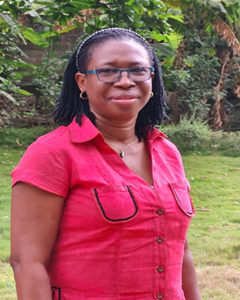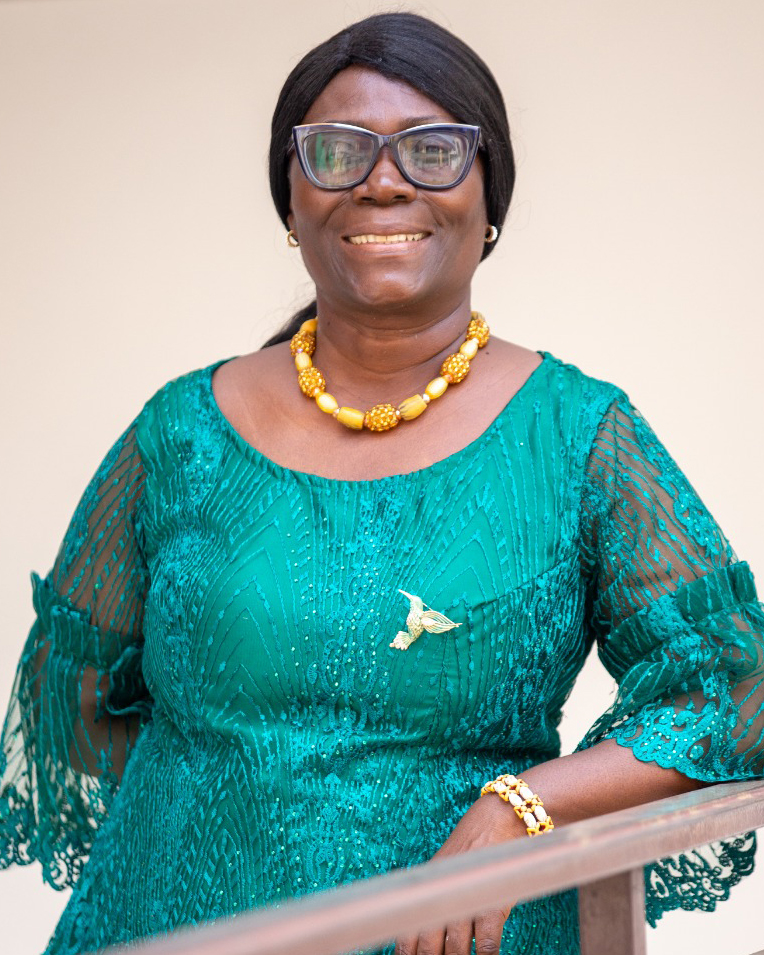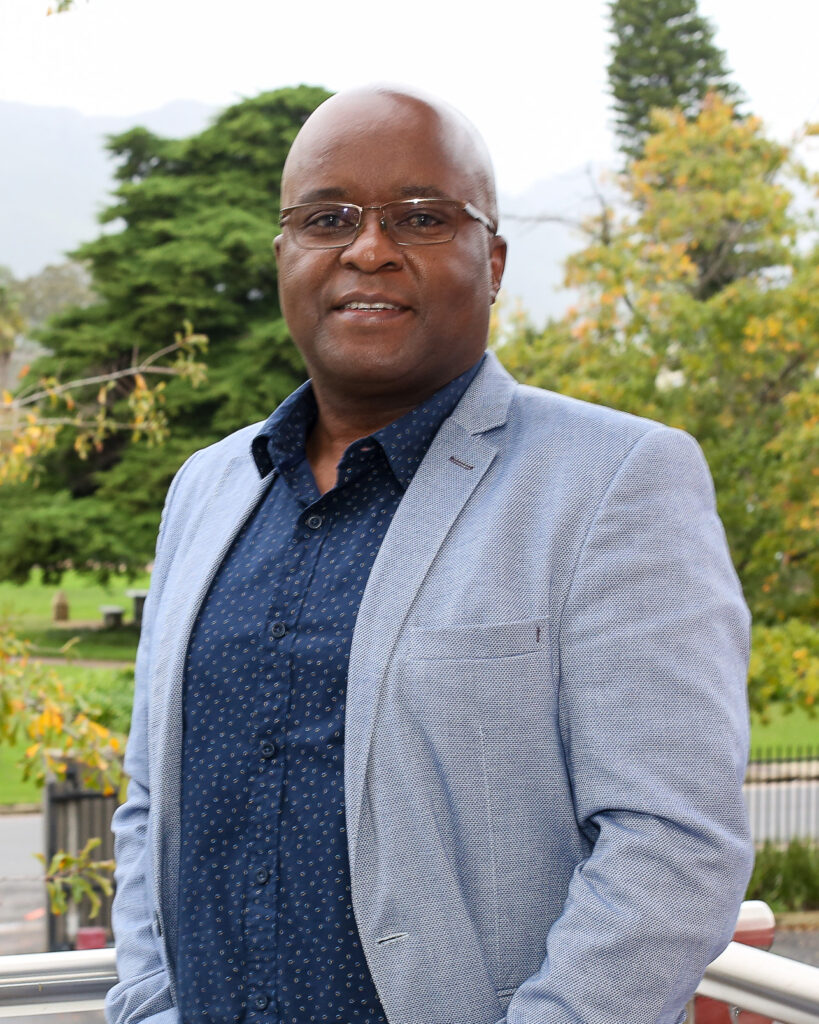GEOPOLITICAL tensions, climate change, debt crises, loss of biodiversity, widening social inequalities – we live in a time where multiple and overlapping challenges demand action and resources. What does this complex agenda mean for longstanding matters such as global HIV/Aids targets? Earlier in November, African scholars and stakeholders in the field of health management held a panel discussion about the emerging challenges and opportunities relating to managing HIV/Aids in Africa in the context of this global polycrisis and set clear guidelines for an Africa-centred approach.

A new era brings new challenges ─ and opportunities
The most direct impact of the global polycrisis on HIV/Aids is the redistribution of funding and resources due to other priorities, but with many finer complexities and nuances. Dr Susan Langmagne of the Department of Sociology at the University of Ghana moderated the panel discussion and referred to the evolution of past pandemics: “In each of these situations, science, living conditions and sociopolitical contexts played a role in detecting, controlling and ending the pandemic. These factors have all either become more complex or have taken on new forms in recent years.”
A prominent example is widening inequality represented by increasing poverty, unemployment and deteriorating economic conditions that restrict governments’ health spending capacities. Socioeconomic factors in general hamper HIV resilience, and Langmagne highlighted that biomedical and behavioural interventions are often prioritised above structural and empowerment interventions.
Dr Munya Saruchera, interim director of the Africa Centre for HIV/Aids Management, also presented a session and added that the next few years will bring even more crises, with cybercrime and large-scale involuntary migration taking their place among the dominant issues. The other panel members were Prof Adobea Yaa Owusu of the Institute of Statistical, Social and Economy Research (ISSER) at the University of Ghana and Prof Eric Tenkorang of the Division of Community Health and Humanities at the Memorial University of Canada.
The global polycrisis also offers opportunities for HIV/Aids advocates, for example stronger collaborations for regional health research. According to Saruchera, it provides the potential for an integrated approach to HIV/Aids that considers how it interacts with other crises. Langmagne believes it brings the opportunity to innovate by, for example, accelerating the digitisation of health systems for better health coverage and technology transfer from the global North to the global South.
Africa should stand on its own feet
The importance of African countries becoming less dependent on the global North – especially in terms of health infrastructure – emerged as an important determinant of the continent’s success in overcoming HIV/Aids. This can be done by incorporating indigenous knowledge into African healthcare systems, greater collaboration and knowledge-sharing among African countries, and intensifying research on the factors that protect, promote or maintain health and wellbeing in an Africa-specific context. Engaging community-based organisations in community health activities is instrumental in this regard.
The topic of de-essentialising HIV/Aids and other crises in the context of constrained resources led to interesting insights. The key factor at play is divergent priorities. Saruchera is of the view that it is not helpful to over-essentialise the issues. “How can we prioritise or compare crises? It’s time to think about alternative approaches to tackling the challenges of the polycrisis via, for example, one planetary health.”
Overall, intensified research, increased collaboration and a tailored approach focused on Africa will be instrumental to managing HIV/Aids successfully going forward. Some of the panellists are already exploring potential teaching, research and publishing collaborations. Langmagne and Saruchera will present an expanded version of the panel discussion at the International Conference on Aids and STIs in Africa (ICASA) in Zimbabwe on 4 December to promote further discussions on a suitable response.
* Prof Owusu will be one of the speakers at the World Aids Day commemoration co-hosted by the Theology Faculty, the Department of Global Health and the Africa Centre for HIV/Aids Management on 28 and 29 November at the Theology Faculty.



